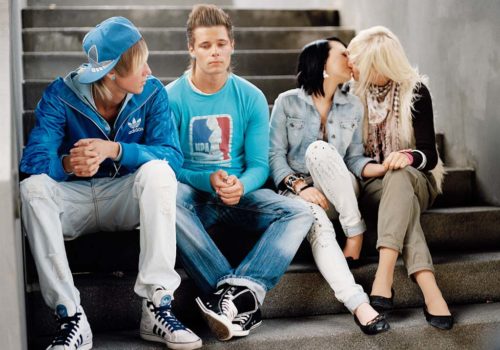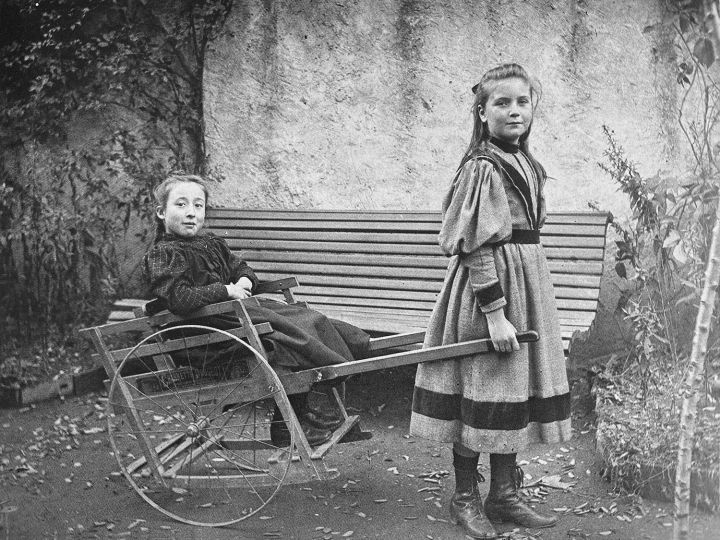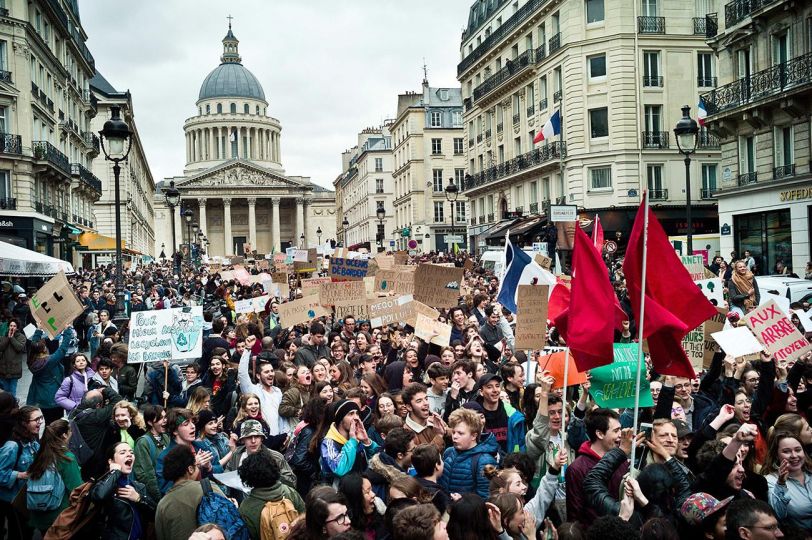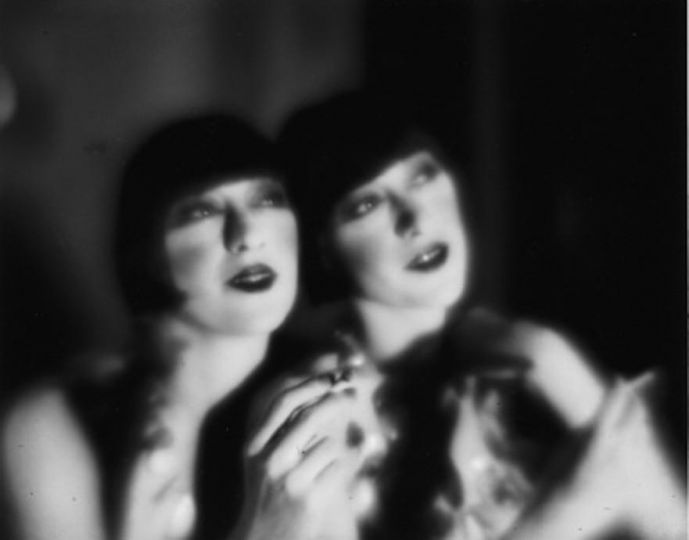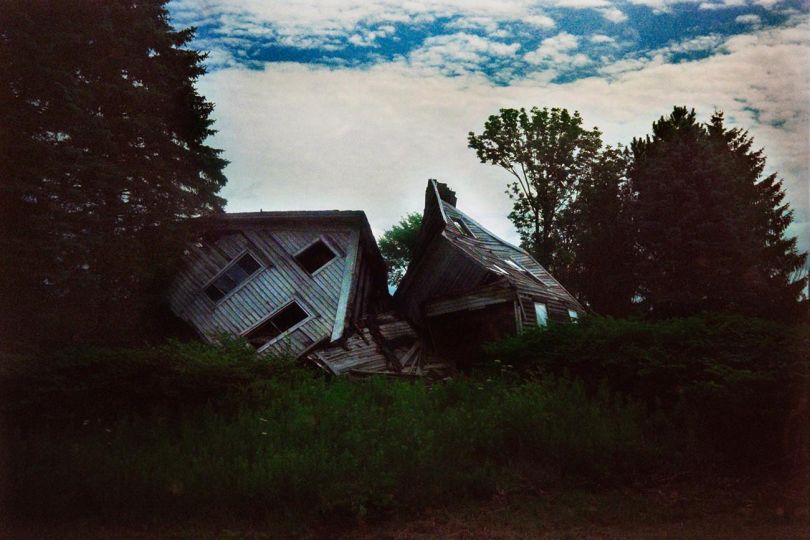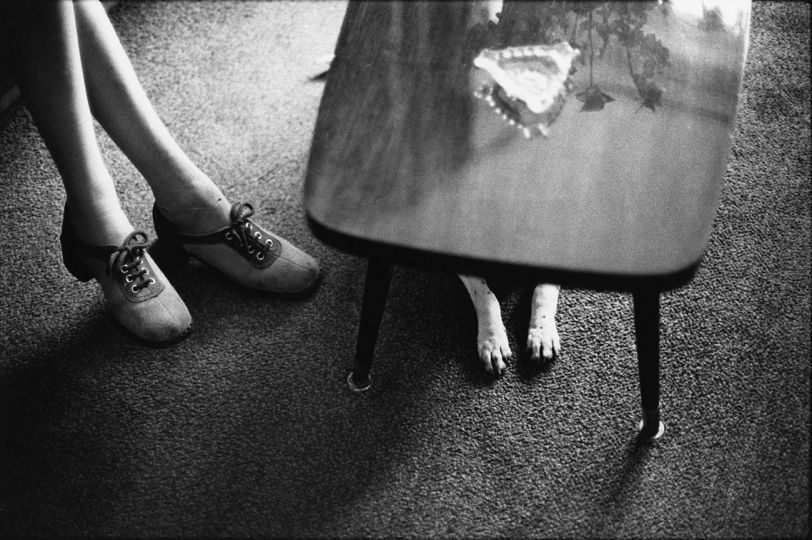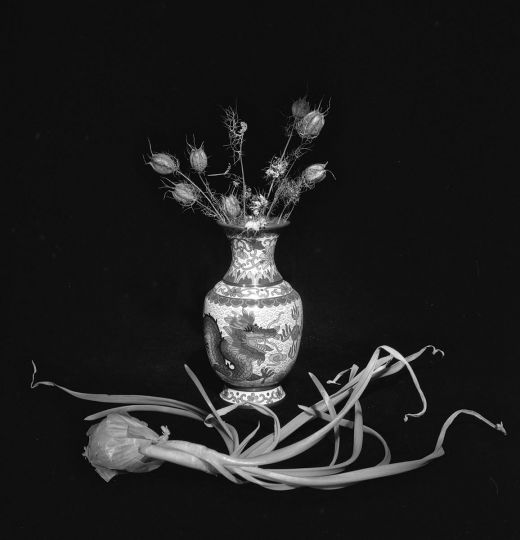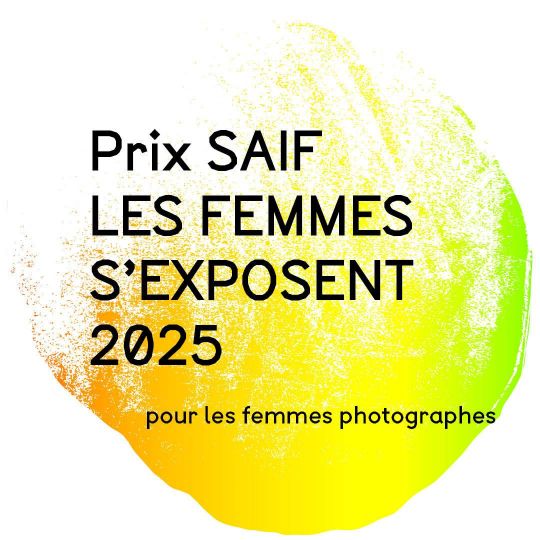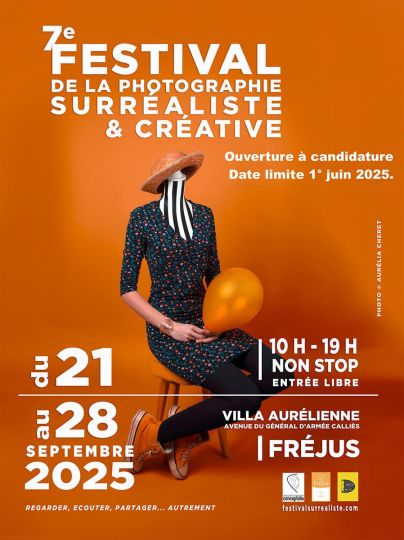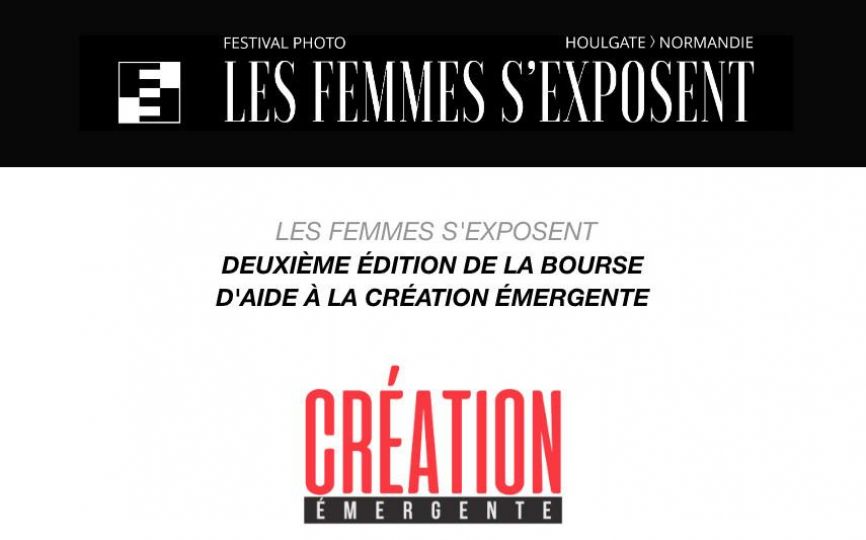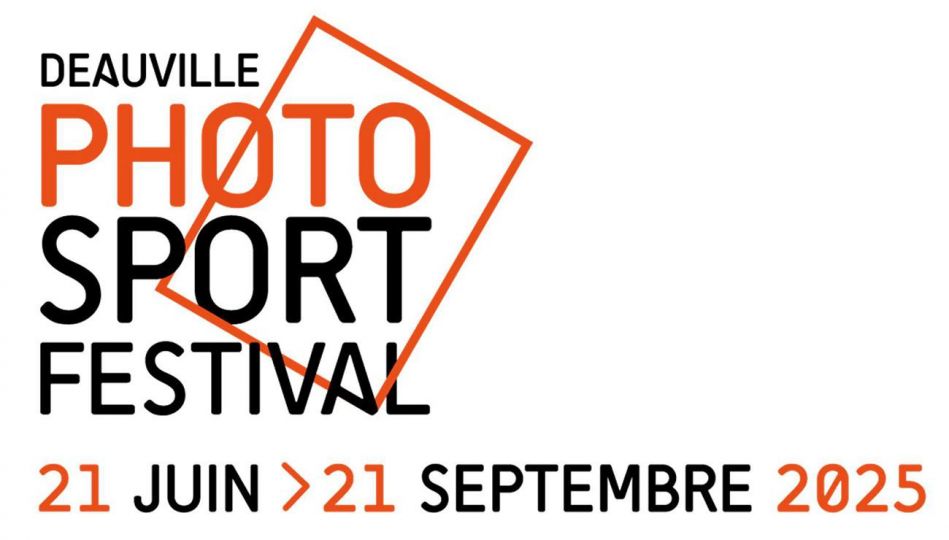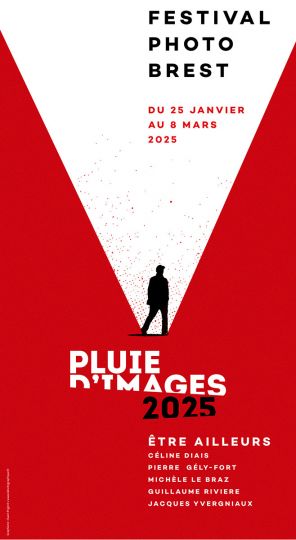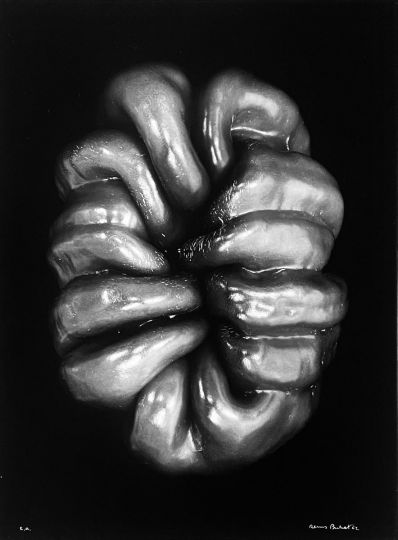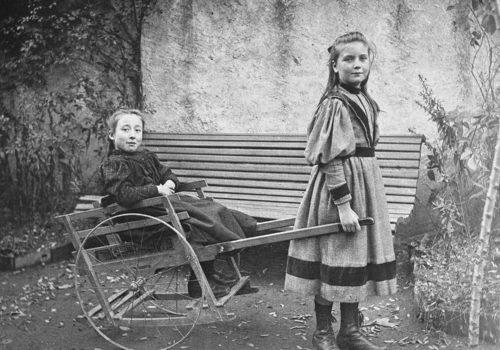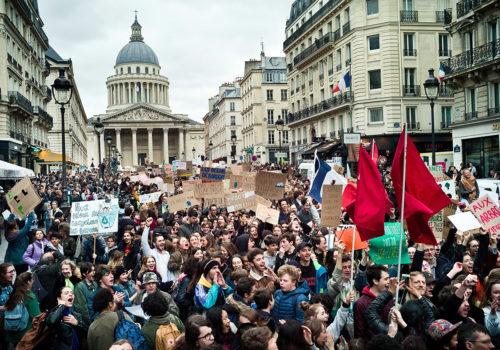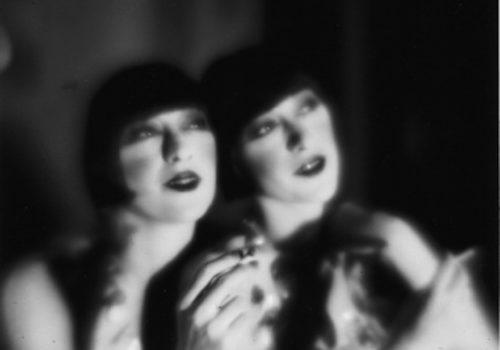A century ago, youth implied a vast clear defined phase of transition from child to adult. According to this, youth ended with the entry into working life or marriage. Today it is not so easy to narrow this tranisitional period down. Sociology acts on the assumpiton of many little fractions of transitons, consisting of judicial and cultural maturity admittances. For this reason the transition frazzles out.
While the phase of youth used to be a relatively secure period of founding existence and family, it changed to a diffuse area of life, stretching more and more into adult age. Parallel to the diversification of youth cultures, right now grow up a generation that was born after the introduction of the internet. And they know how to use the internet perfectly with all its possibilities of informations search and how to cultivate social networking.
This affects the rituals, gestic, styles, and selfstaging of todays youth. Fashion has become very important for this age-group. The symbolic power of brands plays an important role and becomes collectively meaningful. A possible way to describe this youth generation is a group of young individualists, reacting with a „do it yourself“ mentality to the contingency, the non projectable future and the ambiguity of future career, to the maceration of purported structures and possibilites.
For this body of work I focused on youth, in public spaces. This public space is their platform and stage, where they practise behavior and persona. But what actually happens there, when they linger in groups? How can I catch the essential, the atmosphere and tension, between them? I wanted to investigate to what extend a subjective perception is conveyable with photography.
My decision to pick out the moment when among themselves as a moment of youth-reality is motivated by the fact that here it becomes visible while expressing in poses, gestures and clothing. I am interested in the seemingly action-less moments, where nothing dramatic happens. They touch each other, they kiss, they exchange, they disgress. In all cases I took pictures of them, . I do not want to tell a precise story. Instead I walked a tightrope. Some photos tend to idealize youth, they almost become like their idols from the media. Other photos evoke a narrative reading, bringing filmstills in mind. And other photos have a documentative character, . The title Rites de Passage is a technical term, referring to the homonymus work of ethnologist van Gennep dating back to 1909. Genneps concept was the transitions of status, conditon and age bracket, being tied to rituals. I believe that the observed lingering of youth in public space is also a form of ritual act.
Benjamin Zibner

